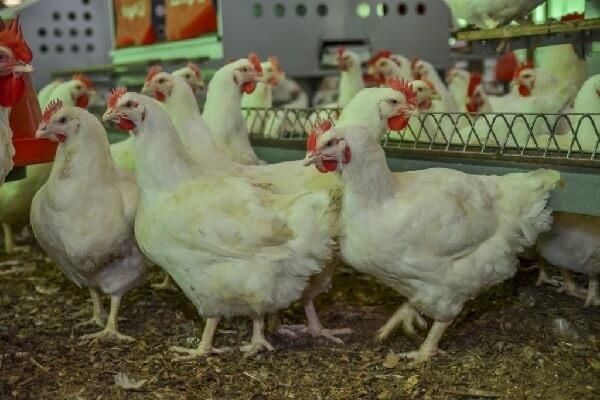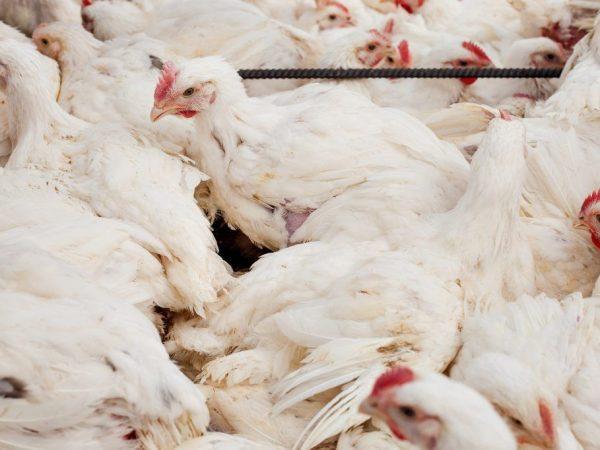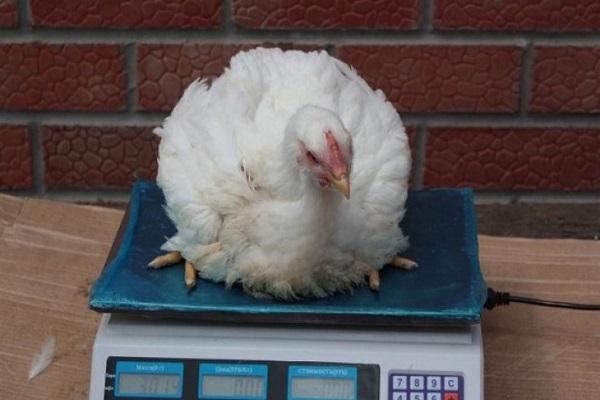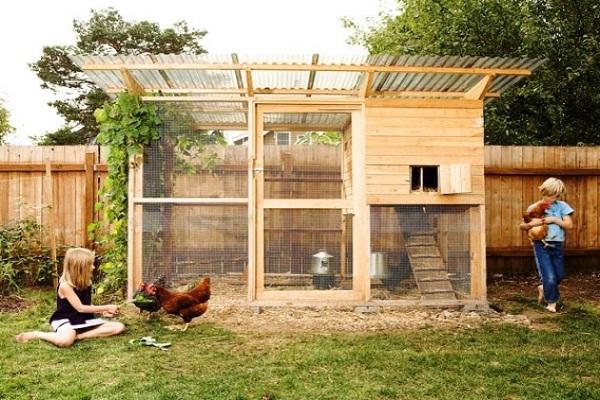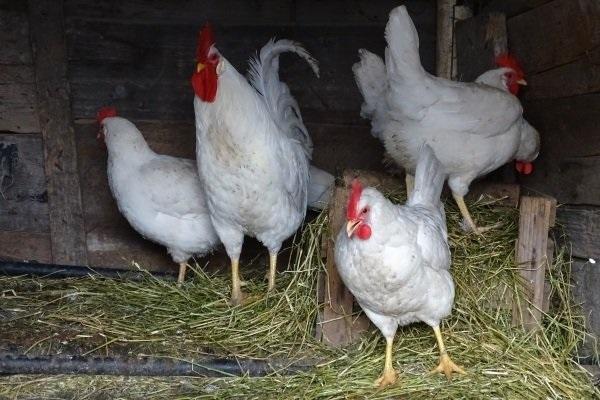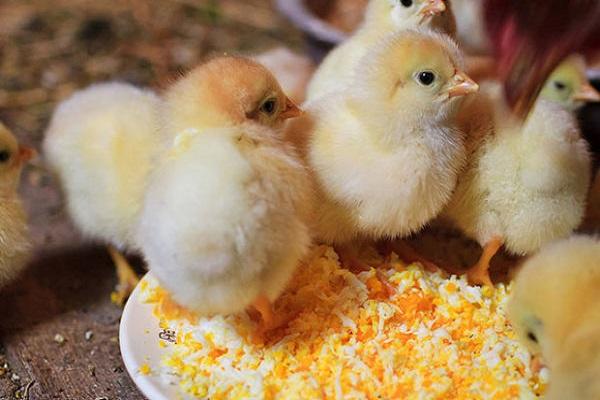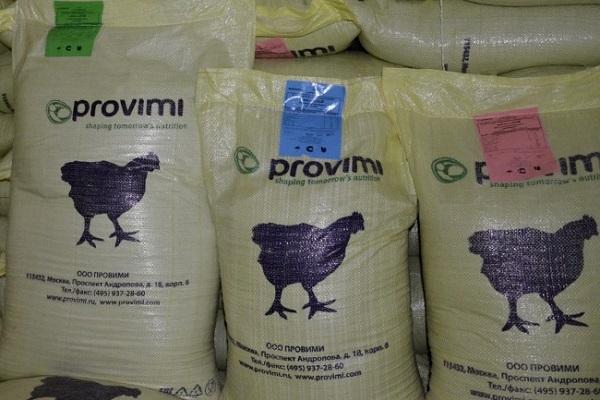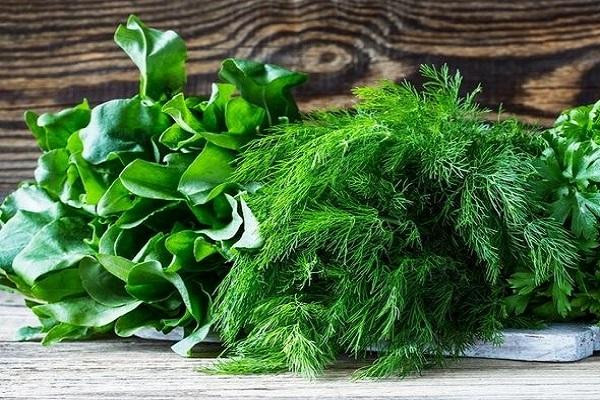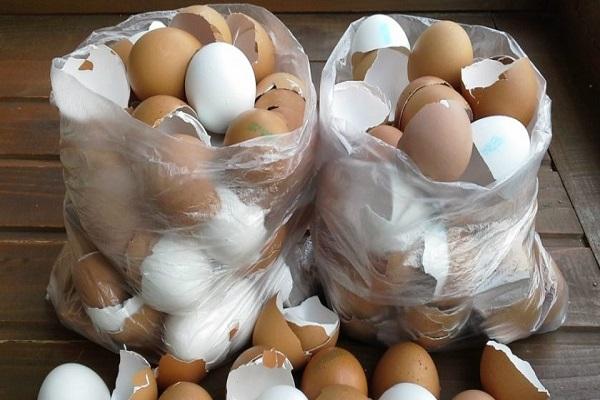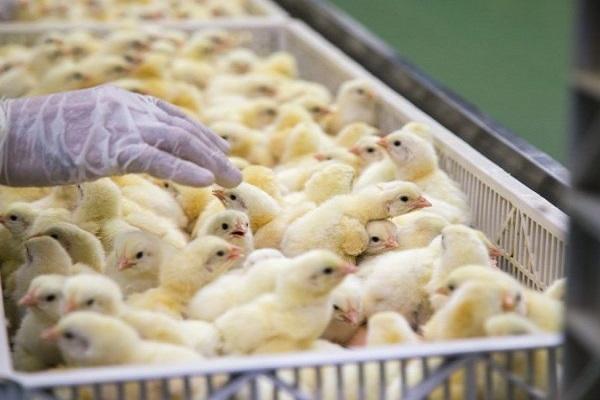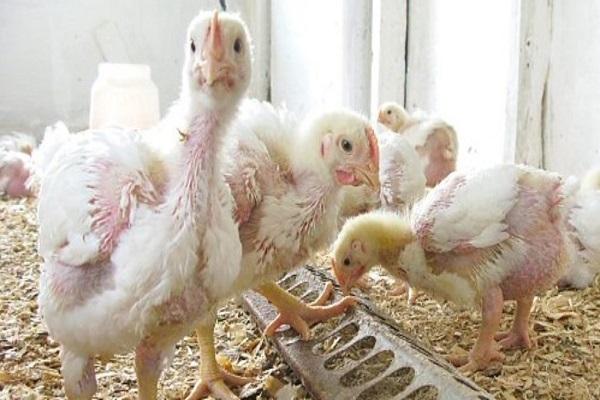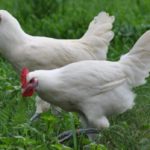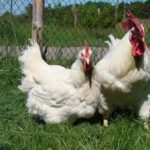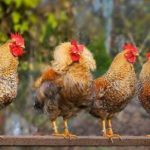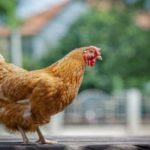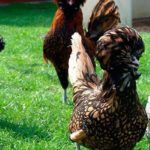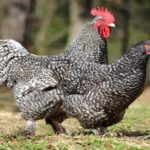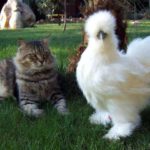The Arbor Acres broiler breed is considered quite popular. These birds are highly productive and have dietary meat. To achieve success in growing them, you should strictly follow the recommendations of experts. To do this, it is recommended to properly organize the poultry house, provide the birds with quality care, and choose a balanced diet. Timely vaccination is of no small importance.
- Characteristics and description of Arbor Acres broilers
- Appearance of the breed
- Productive indicators
- Growth dynamics and weight gain
- Puberty and egg production
- Character of birds
- Pros and cons of the breed
- Content Rules
- Poultry house requirements
- Arrangement and dimensions of the courtyard
- Molting and break in egg production
- Planned herd replacement
- Features of feeding
- Adult birds
- Chickens
- Chicken breeding
- Diseases to which the breed is susceptible
Characteristics and description of Arbor Acres broilers
The Arbor Acres breed is considered the result of joint tests by French, American and English scientists. As a result, it was possible to obtain a bird without the use of transgender technologies. The key advantages of the breed are its impressive size, excellent performance and excellent meat quality..
Appearance of the breed
These birds are distinguished by their strong body and large size. They are covered with white feathers that fit tightly to the body. The skin has a yellow tint. There is a leaf-shaped comb on the head. It is characterized by a pink-red hue.
The neck and legs are quite short. The head is small. The eyes have a rich orange tint. This breed is characterized by a wide chest, which allows it to produce a large amount of dietary meat.
There are also other broiler crosses. Popular breeds include Cobb-700, Ross-308. Hubbard chickens are popular.
Productive indicators
These birds are considered highly productive. They are rapidly gaining weight. Thanks to this, they can be sent to slaughter literally in 2-3 months. Initially, the cross was bred as a meat breed. Therefore, scientists have focused on the rapid increase in body weight.
Growth dynamics and weight gain
At 1 month of life, chickens weigh 2 kilograms. The total body weight can reach 5-6 kilograms. With a balanced diet, weight gain after the first month can occur in just a week.
Puberty and egg production
Chickens mature only at 8 months. 1 bird brings no more than 120 eggs.They are characterized by their small size and weigh no more than 55 grams. The shell has a white tint and a smooth surface.
Character of birds
These birds have a peaceful nature. They do not conflict with other birds, therefore they get along well with other representatives of the livestock. Experienced farmers claim that the birds have a timid character. But if the house is set up correctly, they will not worry. Birds are friendly towards people.
Pros and cons of the breed
This hybrid has many advantages:
- high rates of growth and weight gain;
- natural yellow skin color;
- healthy meat;
- big breast.
The key disadvantages of chickens include heat-loving behavior and high sensitivity to infectious pathologies.
Content Rules
Chickens of this breed require compliance with basic housing conditions. The health and development of birds depends on them.
Poultry house requirements
When organizing a room for chickens, it is worth considering the following features:
- provide a suitable microclimate - birds can hardly tolerate drafts;
- use ventilation and control humidity parameters - they should not be very high;
- control the cleanliness of the room - systematically carry out disinfection.
The key requirement for a chicken coop is cleanliness. Before moving the birds in, it is important to put the premises in order. Subsequently, it is worth cleaning systematically. It is recommended to carry out disinfection procedures every month. At the same time, you should not use household products for processing.
Experts advise using special solutions that are intended for chicken coops. Chemicals can lead to poisoning of birds. The special solutions do not contain aggressive components.Therefore, they are completely harmless to birds.
After cleaning is completed, the floor should be covered with bedding. It should include hay or straw. These components are mixed with wood chips.
Maintaining an optimal temperature is of no small importance. It should be +20 degrees. The humidity level should not exceed 70%. It is worth organizing proper ventilation in the chicken coop. This will help avoid the active development of pests and bacterial microorganisms.
Arrangement and dimensions of the courtyard
It is recommended to protect the bird walking area from other animals and birds. It is worth considering that chickens of this breed are quite alarming. Therefore, it is recommended to protect them from the influence of stress factors.
Molting and break in egg production
Birds change feathers for the first time at an early age. In this case, the first fluff is replaced by hard feathers. Chickens usually do not live to see the seasonal molt, since large carcasses can be obtained in literally 2-3 months.
If the herd is kept for a long period of time, molting occurs at the beginning of autumn - at the moment the length of daylight hours decreases. There is no active egg laying at this time. It takes 2-3 months for the plumage to resume.
Planned herd replacement
Birds go to slaughter at 2-3 months. Therefore, there are no specific deadlines for replacing livestock. It is important to take into account that keeping broilers for more than 1 year is unprofitable. Even with low feed consumption, feed costs after the end of the growth phase are quite high.
Features of feeding
Broilers are characterized by rapid growth. Therefore, it is recommended to very carefully select the diet of birds.
Adult birds
The menu of adult birds consists of 80% finishing feed. It is allowed to be given to chickens older than 1 month. This food is considered the basis.It is recommended to mix additional components with it - 30% wheat, 10% barley, 20% millet.
They also use waste in the form of dry bread crusts, vegetables, and eggshells. Broilers need fermented milk products. One bird should be given 15 grams of cottage cheese per day.
Over the entire period of development, the bird consumes 6 kilograms of feed. It is recommended to include valuable additives in the diet - for example, yeast. For 1 bird you should use 1 gram of product.
Cabbage and carrots can be sources of vitamins. They should be introduced gradually, starting with 5 grams per day. Gradually this volume is increased to 30 grams.
For better digestion of food, it is worth placing fine gravel in a separate bowl. There should always be clean and fresh water in drinking bowls. It is recommended to change it twice a day.
Chickens
Chickens do not accept natural food well. Only specialized feed is suitable for them. If this recommendation is violated, there is a risk of severe digestive disorders.
Food for chicks should be selected taking into account their age. It is recommended to take into account the information on the packaging. At 1-5 days the chicks are fed with ready-made pre-launch food, at 6-30 days they switch to starter food. It is recommended to buy feed in specialized stores. In this case, it is worth considering the expiration date and integrity of the packaging.
From day 3, the chicks are given fresh greens. In winter, it is permissible to use sprouted grains. Herbal flour would also be a good option.
A sufficient amount of fluid is important. Chicks should drink plenty of water when eating dry food. In addition to feed, it is worth using vitamin supplements. They are given based on age.
Chickens need disinfecting solutions that protect their weak body from viruses and bacteria. On the 3rd day of life, the chicks are given Baytril. This antibacterial drug is used for preventive purposes.
To prevent coccidiosis, birds should be given Baycox on the 14th day. To do this, 1 gram of the substance is mixed with 1 liter of water. In addition, fish oil is given to birds as a vitamin supplement. 1 chicken requires approximately 1 gram of the substance per day.
2 weeks after birth, chicks need calcium. To do this, use crushed chalk or eggshells. Seashells also work well. It is recommended to use 10 grams of such substances per 1 kilogram of feed.
Chicken breeding
A study of the characteristics of the breed indicates that these chickens are not suitable for home breeding. They are distinguished by a poorly developed brooding instinct. In addition, the maternal instinct in laying hens is lost. Also, chickens do not take on the genetic characteristics of their parents. Therefore, incubation is considered absolutely pointless.
Diseases to which the breed is susceptible
These birds are not very healthy. They are especially susceptible to viral infections. To avoid bacterial pathologies, experienced farmers use antibiotics. It is recommended to give such products to chickens. This will help reduce the risk of dangerous diseases to a minimum..
If an infected individual is identified in the flock, it is recommended to isolate it from the rest of the chickens. To avoid the development of pathologies during the cold season, it is worth monitoring the temperature parameters in the poultry house. This will help minimize the likelihood of developing viral infections.Maintaining good hygiene and ensuring a balanced diet is important.
Arbor Acres broilers are popular among farmers. A characteristic feature of the breed is its rapid growth and the ability to obtain dietary meat.
In order for chickens to develop normally and not get sick, it is recommended that they be provided with high-quality care.

